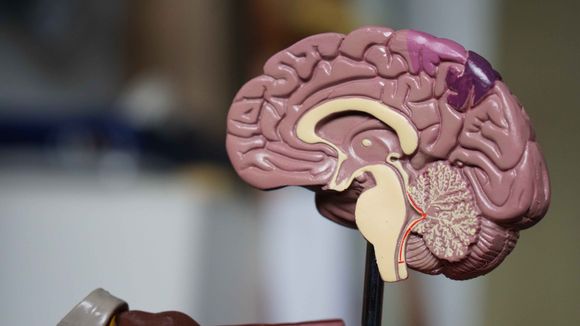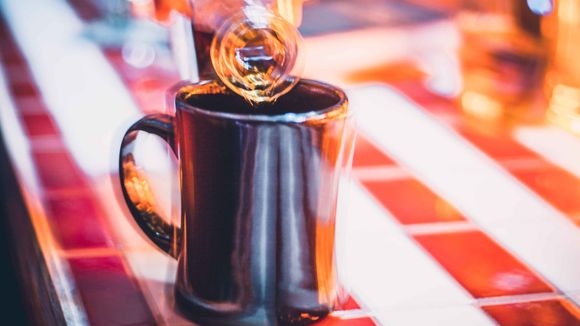The heart speaks through the drunk mind - or not really
"Alcohol reveals our true Self" is a proverb often attributed to the French Enlightenment philosopher Jean-Jacques Rousseau, himself a big supporter of alcoholic beverages. The idea is that when we are drunk, we lose our inhibitions and allow ourselves to express our true thoughts and feelings, bringing our true personality traits and desires to light. Sober thoughts turn into drunken thoughts, and then they turn into drunken acts.
A lot of people think that's true. In fact, in Chinese business culture, this is taken so seriously that potential business partners are forced to get drunk together before big deals take place.
Many friendships have been destroyed and many relationships have been demolished because of something said in a drunken state of mind. But is the said true at all? Should we accept people's drunken behavior as evidence of their true character and intentions? Like the story of Dr. Jekyil and Mr. Hyde, we sometimes find ourselves wondering which side of a person is his "real one."
Drunk words are NOT our sober thoughts
Even when we're drunk, we're still ourselves, and we can't escape that. However, there are things we tend to do or say while drunk, and there are things we would not normally say/do in either state. Unlocking the wrong door of the neighbors, calling an ex-husband/wife, shopping things over the internet and playing money at gambling are among the most common acts of drunk people. Well, it happens to get into a fight with someone, especially if we're male, but it can happen without getting drunk - the stress in our daily lives is serious and leads to unexpected agression.
According to the scientific data, alcohol does not seem to limit our self-control by passing us on to our selfish and oppressive impulses. Rather, it acts against self-control in more deceptive ways, creating only situations with a negative payoff.
Neurology confirms that drunk words are NOT our sober thoughts
It is normal when taking alcohol to feel a dramatic change in perceptions and emotions, and the effect is even greater if large quantities are consumed. But as a team of scientists from the University of Missouri found, sober observers of drunk people do not report such a change. [ [ref. 1]
How alcohol consumption affects personality is the subject of a new study led by Rachel Winograd, an assistant professor at the Institute of Mental Health at St. Louis University, Missouri. Scientists conclude that our general belief that intoxication causes personality change is more likely the result of "remarkable, socially prevalent examples" - such as cultural stereotypes derived from films such as "Another Bachelor Solder."
There is a reason why science and the law prohibit drunk people from being able to give informed consent. The way alcohol affects the brain is complex and understandable by science in an extremely small percentage.

What we do know for sure is that alcohol affects the hippocampus (the center of memory), which is why it can blacken us. [ref. 2] Also alcohol affects the motor cortex, which is why we may stumble and falter. [ref. 3] Last but not least, alcohol disrupts the work of the prefrontal cortex. This is the part of the brain that is charged with the functions of reasoning and judgment, as well as all the other things in which Homo sapiens is particularly good.
The fact is, drunkenness is not a passive process. It doesn't just remove our inhibitions and release some oppressed desires. This is an active chemical process that contradicts the intuition of the definitions of "stimulant" and "depressant". Alcohol actually changes almost every part of our brain in a negative direction. Since our brain is who we are, alcohol doesn't just release our true, unchanged essence. It changes who we are and what we think, which may be the same thing we think soberly, or be different.








